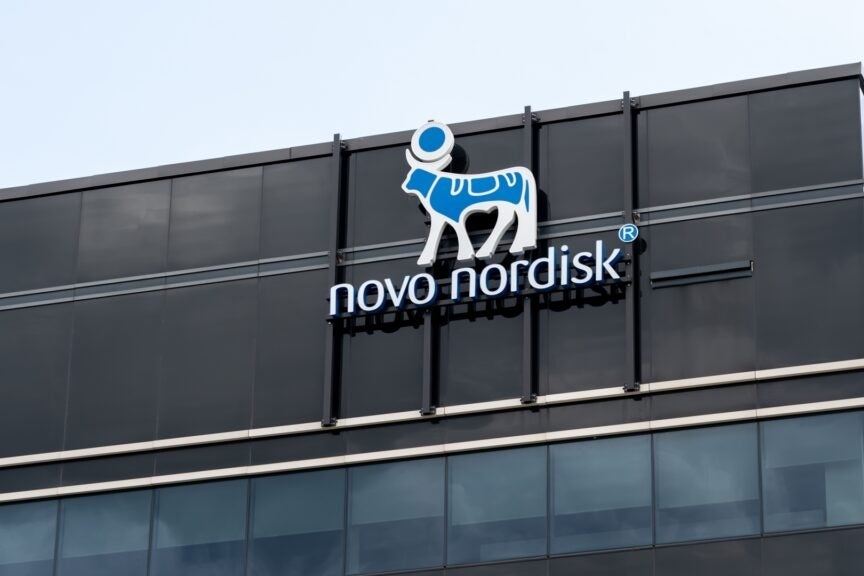A new risk: Kidney Cancer
New study suggests link between GLP1 Receptor Agonists (Ozempic, Mounjaro, etc) and kidney cancer.
While it's great to hear of new benefits of using GLP1 Receptor Agonists every few days or weeks, it's equally (if not more) important to hear about new negative side effects (with or without evidence).
Check out our quick explainer
We've reported on the negative side effects on before (and try to do so regularly):

Recently there have been reports of a possible new negative side effect of taking GLP1s – kidney cancer.
As is often the case, financial markets are first to start sharing this widely:

The rest of this article is no longer available for free – if you'd like to read the rest of our analysis, check us out on Substack:






